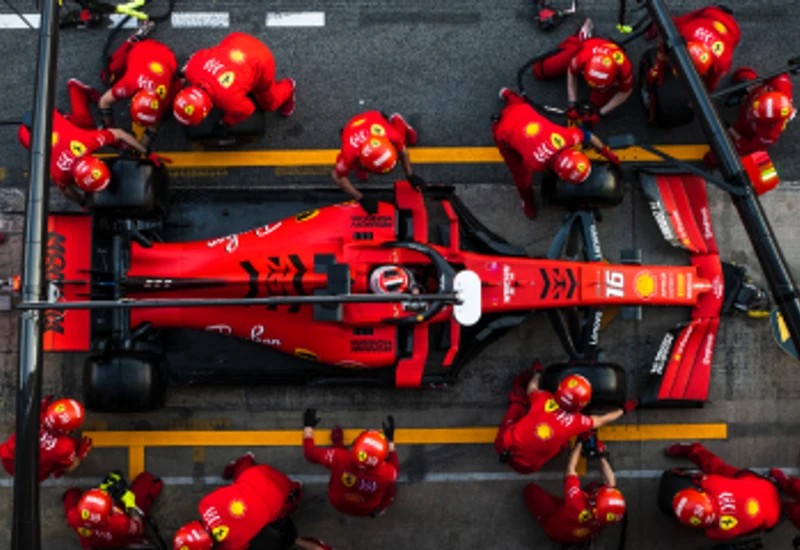How do data literacy and analytics contribute to sustainability efforts?
Data literacy and analytics are essential tools in the sustainability transition, as they enable the measurement of environmental impacts, track progress towards sustainability goals, and identify areas for improvement. For example, in Los Angeles, officials used data analytics to optimise traffic light timings, reducing vehicle emissions and improving energy management through smart grids. These skills help turn complex data into actionable insights, allowing cities and organisations to make informed, data-driven decisions that enhance sustainability efforts.
Why is data important for achieving net-zero emissions?
Data is critical in the pursuit of net-zero emissions because it provides a clear understanding of current emission levels, sources, and the effectiveness of various mitigation strategies. By analysing data from renewable energy sources, weather forecasts, and grid operations, cities like Los Angeles can optimise energy production and distribution, reducing reliance on fossil fuels. This data-driven approach helps identify the most significant sources of emissions, assess the impact of reduction strategies, and track progress towards net-zero goals.
How can data literacy and analytics optimise resource efficiency?
Data literacy and analytics play a pivotal role in enhancing resource efficiency by optimising the use of natural resources across various sectors. In agriculture, for example, precision farming techniques utilise data from soil sensors, weather forecasts, and satellite imagery to improve irrigation, fertilisation, and pest control, thus reducing environmental impact. Similarly, in manufacturing, data analytics can optimise production processes, minimise waste, and improve supply chain efficiency, leading to more sustainable practices.
What role do data literacy and analytics play in monitoring environmental impacts?
Data literacy and analytics are invaluable in monitoring and reducing environmental impacts. By using tools like smart metres and environmental sensors, organisations can collect real-time data on energy consumption, carbon footprints, waste generation, and water usage. Analysing this data helps identify trends, inefficiencies, and opportunities for reducing environmental impact, as demonstrated by Los Angeles’ efforts to optimise traffic flow and manage energy more efficiently.
How do data literacy and analytics promote transparency and accountability in sustainability?
Transparency and accountability are crucial components of sustainability, and data literacy empowers organisations to disclose their environmental performance accurately. By relying on data analytics, sustainability reports provide stakeholders with insights into a company's environmental practices and progress towards sustainability goals. This transparency builds trust and encourages continuous improvement, making data literacy a key factor in driving sustainable practices.
What challenges exist in using data for sustainability, and how can they be addressed?
Challenges in using data for sustainability include the availability and quality of data, as well as the integration of data from various sources. To address these challenges, it is crucial to invest in data literacy education, ensuring that individuals can effectively collect, interpret, and utilise data. Additionally, focusing on data quality through robust governance practices and leveraging advanced technology like AI and predictive analytics can enhance the accuracy and relevance of the data used in sustainability initiatives. Collaboration and data sharing among stakeholders can also help overcome these challenges, fostering more effective and coordinated sustainability efforts.
The opinions and viewpoints expressed in this video are those of the creator and do not necessarily reflect the views of any affiliated organisations.










